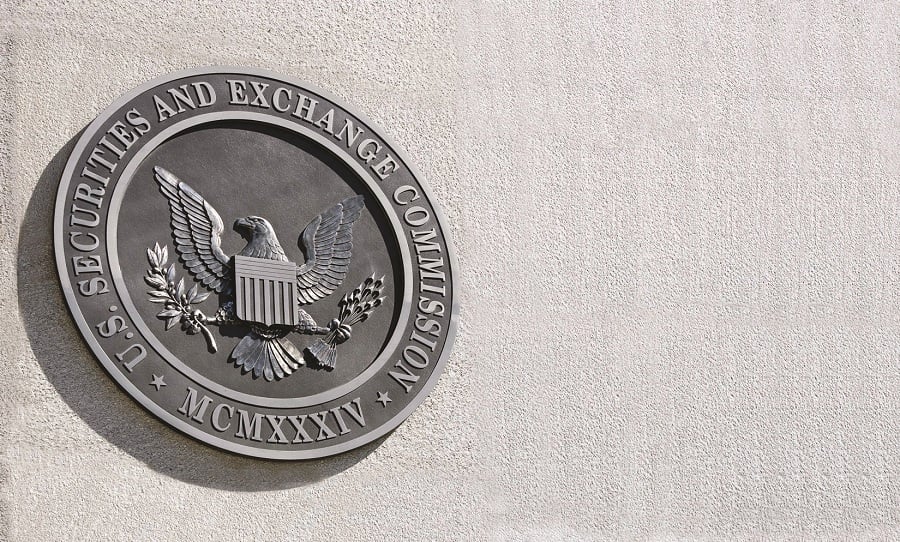

As President-elect Donald Trump prepares to take office, Wall Street is poised for a potential shift in regulatory oversight – particularly at the SEC.
Trump has consistently signaled hist intentions to roll back various Biden-era rules on the campaign trail, with the Securities and Exchange Commission a key target for reform. For the Republican leader’s supporters on Wall Street, the change in power represents an opportunity to reduce what they view as regulatory burdens.
As noted by Barron's, Trump hasn't been shy to voice his dissatisfaction with current SEC Chair Gary Gensler’s approach. At a July Bitcoin conference, he told attendees that he plans to dismiss Gensler on “day one.”
Among the early whispers regarding Trump’s potential pick to lead the SEC, Hester Peirce – a current Republican SEC commissioner and previous Trump appointee – frequently mentioned as a possible successor. Since Gensler's confirmation as chair in 2021, Peirce has emerged as a dissenting voice at the regulator, regularly taking a stance as a conscientious objector against many of his reforms.
Notably, Peirce has voiced support for clearer rules on cryptocurrency, voicing disapproval of current enforcement tactics targeting unregistered digital assets. Instead of enforcing existing securities laws on crypto firms, she's argued that the agency should design new rules for this emerging technology.
Proxy advisors, another area of focus during Trump’s first term, could also face scrutiny. If the administration revives attempts to regulate advisory firms like Institutional Shareholder Services and Glass Lewis, like what the Jay Clayton-led SEC pushed for in 2020, activist investors may encounter more roadblocks in their proxy battles.
Since taking office, Gensler has pushed an ambitious regulatory agenda with about 40 finalized rules, including faster stock settlement and enhanced disclosure around SPACs. But many of his proposals – like reforms to how Wall Street executes trades – have yet to be enacted due to opposition.
Several other SEC rules are still facing legal challenges, including climate disclosure requirements, reporting mandates for hedge funds on their short positions and securities lending, and a rule that would classify some firms as securities dealers for certain kinds of trades.
Should Trump in install an SEC leader who's friendlier to Wall Street, the new regulatory regime may choose not to fight court decisions against rules the new administration would rather have go away, sources told Barron's.
But just like a meaneuvering a supertanker, any effort by Trump to change course on Gensler's regulatory efforts will likely take time, said Jillien Flores, head of government affairs at the Managed Funds Association.
“A new leadership cannot come in and just flip a switch and reverse what Gensler put forth these past couple of years," Flores told the news outlet. "It won’t work that way.”

By listening for what truly matters and where clients want to make a difference, advisors can avoid politics and help build more personal strategies.

JPMorgan and RBC have also welcomed ex-UBS advisors in Texas, while Steward Partners and SpirePoint make new additions in the Sun Belt.

Counsel representing Lisa Cook argued the president's pattern of publicly blasting the Fed calls the foundation for her firing into question.

The two firms violated the Advisers Act and Reg BI by making misleading statements and failing to disclose conflicts to retail and retirement plan investors, according to the regulator.

Elsewhere, two breakaway teams from Morgan Stanley and Merrill unite to form a $2 billion RIA, while a Texas-based independent merges with a Bay Area advisory practice.
Orion's Tom Wilson on delivering coordinated, high-touch service in a world where returns alone no longer set you apart.
Barely a decade old, registered index-linked annuities have quickly surged in popularity, thanks to their unique blend of protection and growth potential—an appealing option for investors looking to chart a steadier course through today's choppy market waters, says Myles Lambert, Brighthouse Financial.
